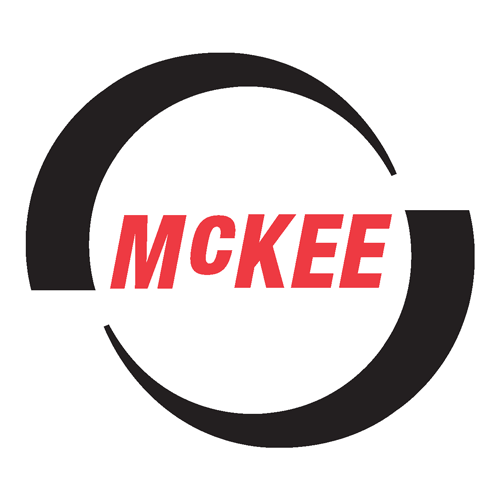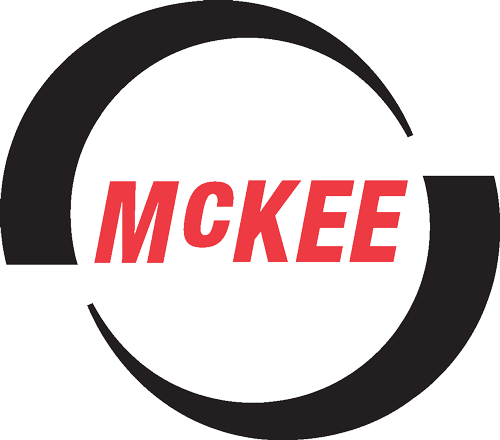AC and DC Motors: Differences and Advantages
August 29, 2022 12:00 am Leave your thoughtsElectric motors convert electrical energy into mechanical energy. The two types of electric motors are:
- AC motors
- DC motors
Both DC motors and AC motors have the same function: converting electrical energy to mechanical energy. Nevertheless, when choosing a motor, it is vital to know their differences as each has distinct construction, controlling, and powering requirements.
What Is the Difference in AC and DC Electric Motors?
AC Motors
When alternating current flows through the stator windings, it creates a rotating magnetic field. This field induces an electrical current in the rotor producing a second rotating magnetic field. The interaction between the two magnetic fields causes the rotor to turn.
There are two types of AC motors:
- Synchronous: This motor rotates at the supplied current’s frequency and comprises a rotor and stator.
- Induction: These are among the most common electric motors and are simple and rugged. Induction motors comprise a wound stator and a rotor. Electromagnetic induction in the windings of the stator creates the force that turns the rotor.
DC Motors
Overall, DC motors are divided into two sub-categories.
Brushed: which is divided further into types, such as:
- Shunt-wound
- Separately excited
- Permanent magnet
- Compound-wound
- Series-wound
Brushless: which is divided into subtypes, such as:
- Three-phase
- Two-phase
- Single-phase
DC motors convert direct current to mechanical energy. They consist of a rotor and a field stator coil that form stationary electromagnets. The other key component of this motor is the commutator which is attached to the armature.
When current flows through a DC motor, it generates a magnetic field around the armature winding and within the field stator. The interaction between the two magnetic fields produces an electromagnetic force that makes the armature rotate. The split ring commutator reverses the current flow direction into the armature, allowing it to continue spinning.
DC and AC motors have unique advantages that make them fit for various applications.
Pros of DC Motors
- Simpler fitting and maintenance need higher starting torque
- Faster start and stop
- Faster reversing
- Speeds vary with changes in the input voltage
- Ease of control
- Cost-effectiveness in required control methodology
- Broader variety for different voltage needs
Pros of AC Motors
- Lesser startup energy demands
- Better control over starting current levels and acceleration
- Broader customizability for different configuration needs and changing speed and turning requirements
- Greater durability
Both DC and AC motors find application in facilities and processes in most industries.
Some Applications for AC Motors Are:
- Computers
- Appliances
- Conveyor systems
- Transportation equipment
- Compressor drives and systems
- Air and fans conditioners
- Irrigation and Hydraulic pumps
Some Applications for DC Motors Are:
- Production and fabrication units
- Machinery that requires constant power like vacuums, sewing machines, and elevators
- Warehouse sorting equipment
Selecting the Appropriate Electric Motor
Installing the appropriate motor in your business facilities and equipment is essential in ensuring uninterrupted operation and production.
For more than 70 years, M.B. McKee Company has been serving the local community of Lubbock. We are a locally owned company that provides high-quality services and solutions to our customers for ongoing issues. We deal with products such as bearings, chains, conveyor systems, belts, lifts, gearing, drives, product separation, motors, valves, tools, and fittings. For more information call (806) 747-4521.
Categorised in: Electric Motor Repairs
This post was written by admin

